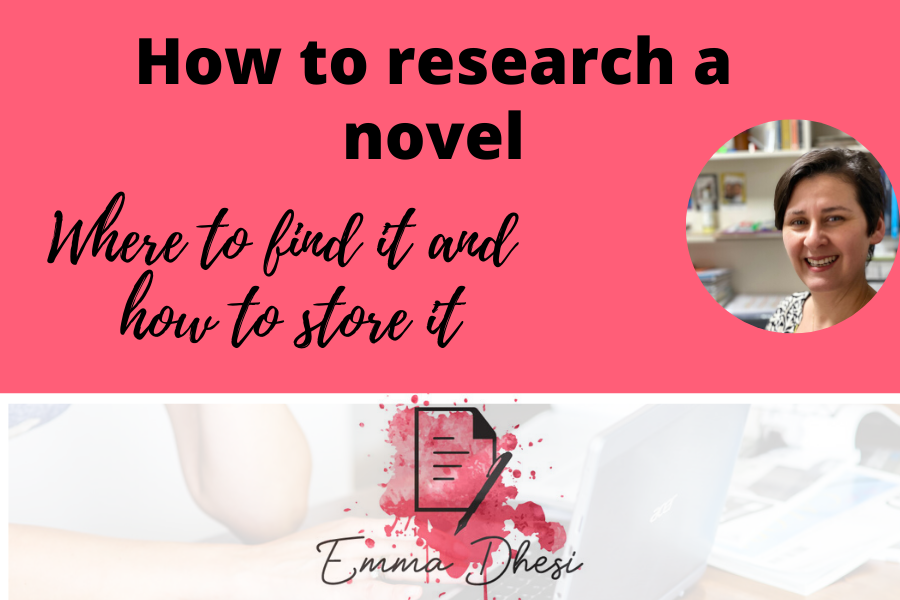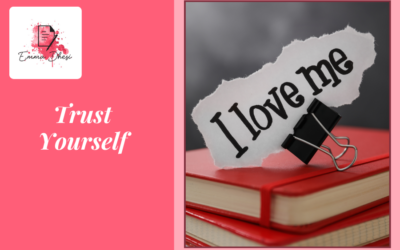Why do you need to research a novel?
It’s important to research a novel you’re writing, not just non-fiction.
If you’re writing non-fiction your book will most likely entirely depend on research. Whether that be research you have carried out yourself or an analysis of existing research.
If you are writing fiction it is equally important to do some research, even if it is solely about where your story takes place, or pertinent details as and when they arise.
Rsearch adds extra authenticity to your story. It’s the specific details you only get when you deep dive into a subject that really pull your reader into the story and make the tale you’re telling extra believable.
How to research a novel
Where should you research a novel?
There are several places you can explore, some more obvious than others. Below, I have listed some more common ones. They should spark ideas for you to take your search further.
Find an expert
If you’re writing a police procedural, a medical thriller or a historical novel, find someone who is an expert in that field and approach them for help. There’s no guarantee you’ll get it, but you might be surprised and discover they are happy to help.
The more niche your research, the more likely you are to find an open and willing expert. We all love talking about things we are knowledgeable about and passionate about. Just because you’re an unknown author doesn’t mean they won’t want to help.
Remember, if you don’t ask, you don’t get!
Books
Books are an obvious choice. You can use non-fiction books to research almost any topic under the sun from the way people dress to architecture, from dialects spoken in unfamiliar countries to unusual but common foods.
But you can also use fiction as part of your research.
Other writers have done their research into a book on a similar topic or subject to you, or set in the same place as your book. Take advantage of the research they have done and if there is a little detail that they highlight, you can incorporate it into your writing.
Remember, you are not copying them word for word! You are using them as inspiration.

YouTube
I have only recently rediscovered YouTube. I know it primarily as the space where at my children watch other children play games and open presents. But I’ve also come to realise it is a search engine all of its own.
I have been amazed at what I’ve found there. For example, I’m writing a story set in the Philippines and I need to know about hand gestures used there, and the fishing boats used.
Not only did I find many videos illustrating the different hand gestures and phrases used as slang within the Philippines and which I could incorporate into my story, but I also found a video taken by two American travellers came across a Filipino fishing boat and were given the full tour. So now I know exactly how a Filipino fishing boat works and is operated.
You’ll also find old footage of cities and towns you’re writing about. There are photographs of people from different parts of the world and at different times in history.
Pathé news is a treasure chest of information and obscure films pertaining to specific hobbies and entertainment at any time in modern history.
Type in your search term and prepare to be amazed!
Social media
Social media is a surprisingly useful tool. It’s perhaps not as wide ranging as something like YouTube, but there are Facebook groups and Facebook pages that cover an array of subjects.
When I searched Facebook for graveyards and tombstones, a whole range of groups popped up. When I typed in sheep shearing again a number of groups and pages appeared.
It is also a wonderful way of making personal connections with experts who are more than happy, in fact excited, to share their knowledge and expertise with anyone who will listen.
Travelling
If you can afford the time and the money travelling is a great way to research the place you’re writing about. That’s where you not only find out the facts and figures, but you get a feel for the place.
You see how people go about their daily business; you see the architecture and how it’s used. You experience the public transport and how easy or difficult it is to move from one place to another.
Nothing beats being in the midst of the action and if you can go there, you benefit in many, many ways. Not just your writing, but your own life experiences.
Google Maps
If you can’t travel to the place you’re writing about, Google Maps is an alternative. Using Street View you can dive into any town or city and look at the colour of the taxis, the size of the buses, what shops are in each neighbourhood, what people are wearing and what public buildings there are.
My first novel is set in Glasgow, the city in which I was born. However, it takes place in parts of the city I never lived in and don’t know very well. I used Google Maps to familiarise myself with new neighbourhoods and gauge how long it would take to travel from one part of the city to another either by bus or by car, or even on foot.
Where to store your research
Once you’ve researched your novel, where will you keep these golden nuggets of information? You can keep them in a good old-fashioned notepad. But equally you can use digital resources.
Scrivener
Scrivener has a great research section. In fact, is one of its most appealing functions. Not only can you keep text documents and photographs, but website links, but even the entire web page.
If you have Scrivener and do a lot of research, this is definitely a tool worth investigating further.
Trello/Slack
Trello and Slack are project management tools and are free to use. Both allow you to add notes, photographs, attachments and web links.
You can use it like a cork board and move your notes around from one group to another, or even one board to another. It even has labels and colour coding you can use to categorise your research.
Evernote/ Dropbox
Evernote and Dropbox are useful tools to use on the go. No matter where you are or what device you’re using, you can add to them. As well as the usual text and photographs, you can use it to store music and video files. You can also share research if you’re working on a co-project. I haven’t used either of these tools extensively, but know from others they are hugely useful and very popular.

From time to time, I link to products or services I love using with affiliate links. This means that I may receive a small percentage or fee for referring you to any product you may purchase from one of those sites. It does not cost you anything. These small fees help sustain my small business. I truly appreciate your support.
A word of caution
The research rabbit hole is something you must be very cautious of. It is so easy to hop from website to website, sucked in by all the beautiful images and interesting stories, but remember you have a job to do!
You must focus on what is pertinent to your story and give yourself a strict deadline for when the research part of your job is over, and the writing part of your job begins.
To do this, be specific about what it is you need to research. For example, I don’t need to research the entire history and cultural norms of the Philippines. But I do need to have an awareness of the common languages spoken, some commonly used words, popular foods and, because part of the story is set in a fishing village, how a fishing boat is constructed and what it looks like.
If you are writing a story set in a mill in 1950s Lancashire, UK, then you want an idea of jobs done in the mill, how people dressed and popular pastimes. You don’t need to be an expert on all things Lancastrian or the cotton industry.
Remember, you are writing a novel, not a thesis. You don’t want to bombard your reader with facts they need not know. You are trying to intone the period and place.
You can always go back and fill in missing blanks further down the line. But it is important to write and not use research as an excuse to procrastinate!
Where do you research?
Have I missed anything out? Drop a comment below and let me know where you find your most useful information. I’ll bet there’s lots of resources out there I’ve never even heard of.
If this article was useful, you’ll love:
If you are trying to write your novel, but lack the confidence or self-belief to see it through to the end, then join me in Unlock Your Creative Block.
It's the only programme that gets to the heart of why you can't finish your book, even though it's what you want to do more than anything else in the world.

Emma Dhesi writes women’s fiction. She began writing seriously while a stay at home mum with 3 pre-school children.
By changing her mindset, being consistent and developing confidence, Emma has gone from having a collection of handwritten notes to a fully written, edited and published novel.
Having experienced first-hand how writing changes lives, Emma now helps beginner writers find the time and confidence to write their first novel.




0 Comments